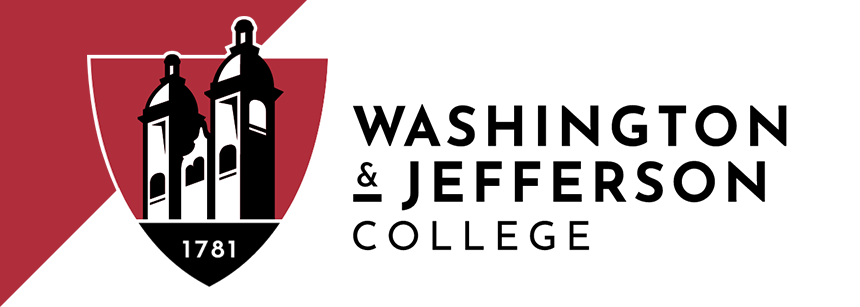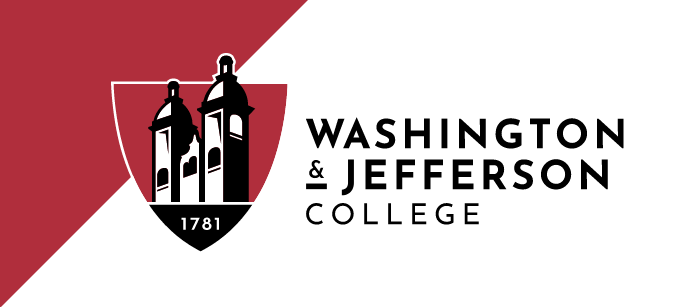After Nico’Lee Rohac Biddle ’12 had first-hand experience with the challenges of being part of the foster care system in the United States, she became determined to fix it.
As she recounted in a recent article she wrote for Teen Vogue, Biddle was removed from her home at age 14.
“By all outward appearances, I grew up in a “normal” American family. My dad worked in construction and my mom was a registered nurse. We had a four-bedroom house, a large yard, and a dog. I was a cheerleader with straight-A grades in school. But my family also had problems— our worst being that both of my parents were addicted to heroin,” she wrote in the Teen Vogue article, titled “How Prevention Services Could Help Youth Avoid the Foster Care System.”
“My experience with foster care began one Thanksgiving when I was 14 years old, when I went to court with my parents after my sister had a fight with my mom and left the house. The judge told my parents that if they didn’t comply with random drug screenings, they would remove me from their care—even though I had food, clothes, and a safe place to live. On the day of the first random drug test, my parents were arrested for falsifying vehicle inspection stickers on our family vehicle (we didn’t have the money to pass the car inspection legally). Thus, my parents failed to appear for the drug test, and I went into foster care.”
Though her parents had their struggles, they did their best to do right by their children. After Biddle was taken from their home, her parents’ addictions worsened. They each later passed away from complications from their addictions.
When she arrived at W&J, Biddle began to form close relationships with her peers as a cheerleader and with her sorority sisters in Kappa Kappa Gamma, though she shared her personal story with very few of her friends.
As she worked on understanding her experience and what she wanted to become, Professor of Psychology Elizabeth Bennett, Ph.D., suggested that Biddle use her psychology major to go into social work. While in graduate school, she began to integrate her history into her goals, and started advocacy work.
“I started [advocacy work] when I was in graduate school because there were some things that needed to change. I realized that my own experiences were valuable in that it was important for me to start speaking up so I can help people currently going through similar situations,” she said.
After graduation, Biddle became a licensed clinical social worker, doing outpatient therapy, a role she filled for five years while also balancing her volunteer advocacy work. At the beginning of July, she transitioned into a job supervising foster care caseworkers and in-home therapists at a kinship foster care agency.
As part of her advocacy, she works to correct the misinformation that surrounds the foster care system and improve the system in areas where it falters.
“I think the misconceptions are that most parents don’t care about their kids, or that kids who grow up in foster care or have experienced foster care are somehow bad or responsible for what happened to them,” she said.
Biddle now focuses on the experiences of the families and children she works with to inform her approach to advocacy and to the changes that should be made to reform the system. Her main focus is keeping families intact and ensuring that they have the support they need to stay together before they are broken up, not after.
“With advocacy, a lot of it is to try to prevent trauma that kids who are in foster care experience,” Biddle said. “It’s really important to take care of yourself and have a strong support system while doing that type of work.”
With this network in place, and continued support from the connections she created at W&J, Biddle hopes to prevent the situation that happened to her from happening to future generations of children.


